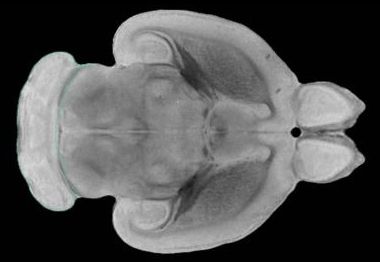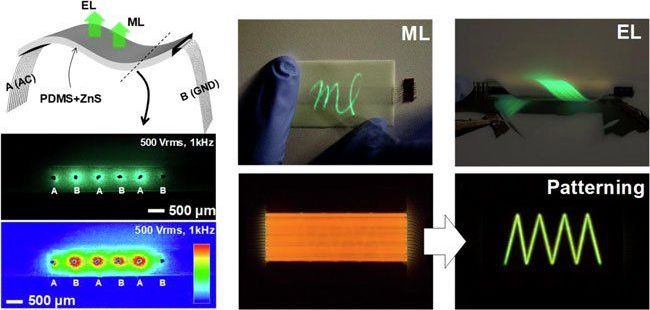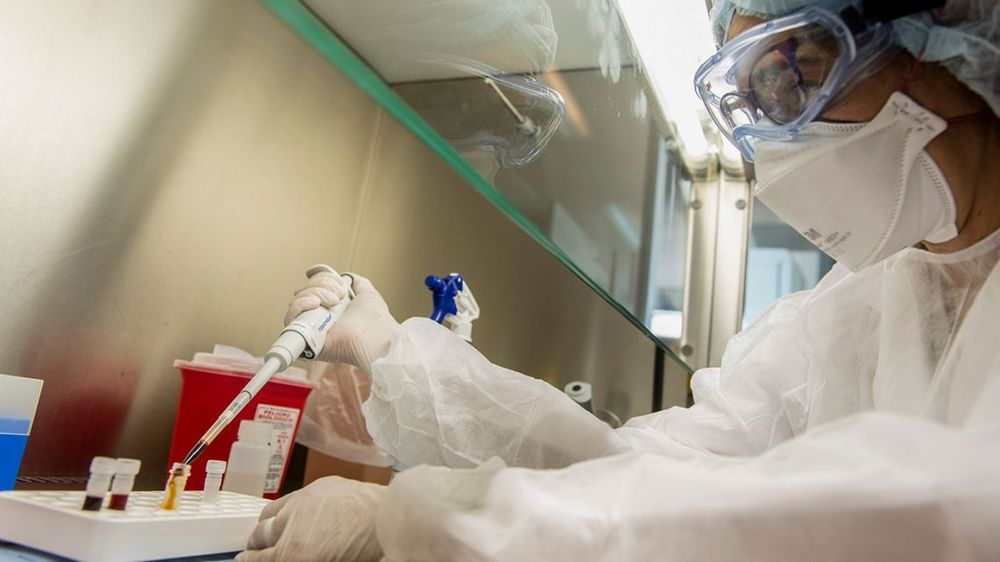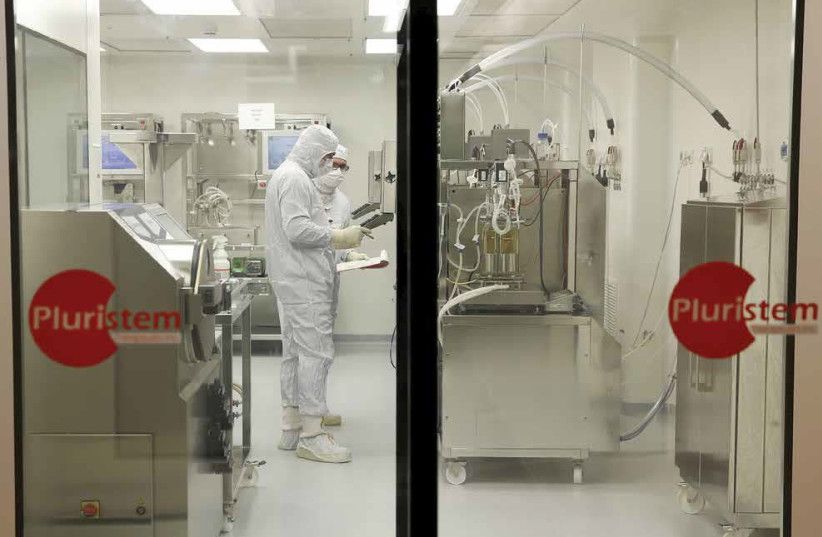Apr 8, 2020
Mutant Bacterial Enzyme Can Break Down Plastic Waste in Just Hours
Posted by Quinn Sena in category: sustainability
Researchers working for industrial development company Carbios have created a mutant bacterial enzyme that can break down plastic bottles for recycling in only a couple of hours, according to The Guardian.
The enyzme can break down PET plastic bottles into their individual chemical composites, which could later be reused to make brand new bottles.
Conventional recycled plastic that goes through a “thermomechanical” process isn’t high enough quality and is mostly used for other products such as clothing and carpets.









 Abstract: Quantum optics is the study of the intrinsically quantum properties of light. During the second part of the 20th century experimental and theoretical progress developed together; nowadays quantum optics provides a testbed of many fundamental aspects of quantum mechanics such as coherence and quantum entanglement. Quantum optics helped trigger, both directly and indirectly, the birth of quantum technologies, whose aim is to harness non-classical quantum effects in applications from quantum key distribution to quantum computing. Quantum light remains at the heart of many of the most promising and potentially transformative quantum technologies. In this review, we celebrate the work of Sir Peter Knight and present an overview of the development of quantum optics and its impact on quantum technologies research. We describe the core theoretical tools developed to express and study the quantum properties of light, the key experimental approaches used to control, manipulate and measure such properties and their application in quantum simulation, and quantum computing.
Abstract: Quantum optics is the study of the intrinsically quantum properties of light. During the second part of the 20th century experimental and theoretical progress developed together; nowadays quantum optics provides a testbed of many fundamental aspects of quantum mechanics such as coherence and quantum entanglement. Quantum optics helped trigger, both directly and indirectly, the birth of quantum technologies, whose aim is to harness non-classical quantum effects in applications from quantum key distribution to quantum computing. Quantum light remains at the heart of many of the most promising and potentially transformative quantum technologies. In this review, we celebrate the work of Sir Peter Knight and present an overview of the development of quantum optics and its impact on quantum technologies research. We describe the core theoretical tools developed to express and study the quantum properties of light, the key experimental approaches used to control, manipulate and measure such properties and their application in quantum simulation, and quantum computing.







